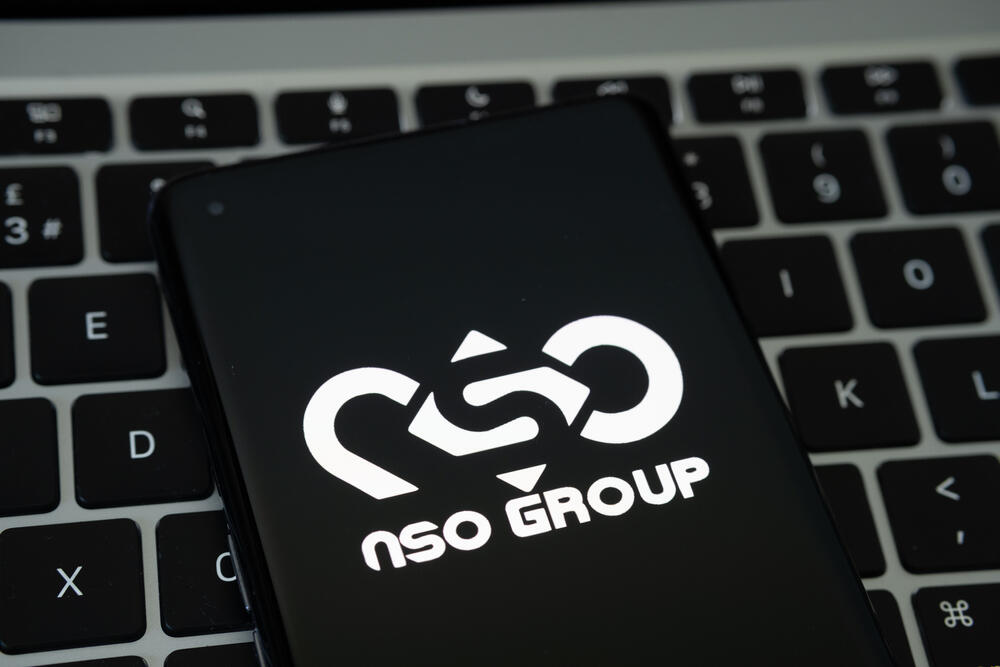The massive leak regarding the high-profile allegations that spyware sold by Israeli cyber firm NSO Group has been abused in several countries came just several days ahead of two reports by the New York Times.
According to the paper, NSO Group – which is aided by the Defense Ministry – disregarded allegations of human rights abuses, such as the killing of Saudi journalist Jamal Khashoggi, on the part of some of its alleged clients.
The reports also stated that despite these abuses, the company continued to sell its program to authoritarian regimes such as Saudi Arabia, and that a Mexican official who is wanted for torture was given asylum in Israel on political grounds.
These sorts of reports, such as the one claiming that an Israeli company sold malware used to hack Microsoft, demonstrate just how much Israel has lost control of its cyber warfare industry.
The coming days will see further details about NSO surface, but it is far from the only one. It is in fact merely the tip of the iceberg of the problem called "the Israeli defense export industry."
Other Israeli cyber companies, such as Candiru, Cellebrite, Quadream and Verint, sell offensive programs that are on the same level as a standard weapon.
This means that everyone's cell phone is not only within the reach of hackers – but also of shady and untrustworthy governments.
In order to stop this from happening, the Defense Ministry founded the Defense Export Controls Agency (DECA), but it seems the body is far from doing its job effectively.
3 View gallery


The aftermath of a bombing of a village by the military junta in Myanmar
(Photo: AFP)
Over the years, Israel has allowed the export of weapons to Myanmar's military junta, South Sudan while under heavy international sanctions, the Philippines to be used in actions that are now the subject of an investigation by the International Criminal Court and even neo-Nazi militias in Ukraine's Donbas region. Many other examples are still under a strict gag order.
If it is logical to expect that DECA would not send nuclear weapons to say Saudi Arabia, the same logic must be applied to its cyber equivalent.
Just like any other functioning country, Israel has a moral and legal obligation to tighten the oversight of its defense and cyber industries.
But those who made their fortune in the arms trade will continue to look the other way.
The solution to this problem was through legislation, which MKs from across the political aisle have proposed several times in recent years.
The bill – an amendment to the Israeli Defense Export Control Law - was widely agreed upon and seemed on the way to become law, until the endless election cycles and the coronavirus pandemic brought everything to a halt.
The amendment sought to change the law, bringing it line with its U.S. and European equivalents. In both cases, their respective defense industries did not lose billions due to regulation, but were merely forced to act in a transparent manner regarding their business dealings.
The growing wave of reports about NSO activities is further proof that the Defense Ministry has facilitated a dangerous lawlessness in the defense industry in general and in the field of cyber weapons in particular.
Only the amendment of the Israeli Defense Export Control Law can stop this chaos.
Gil Naveh is the head of media and communications at Amnesty International Israel



